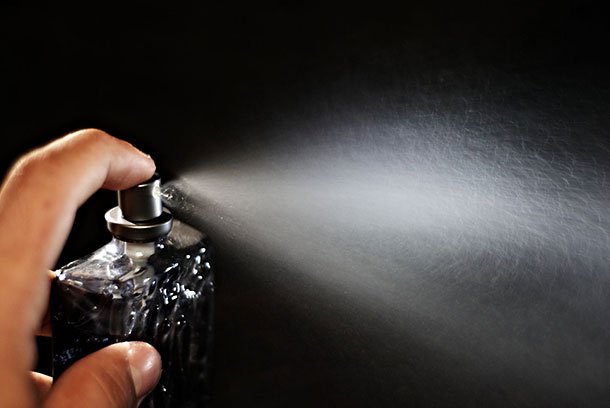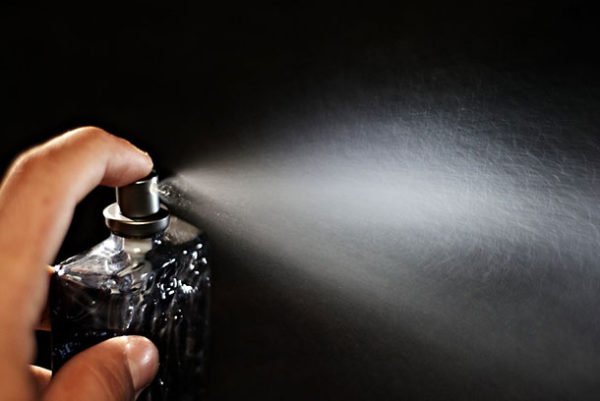Considering that most of us wear some sort of fragrance on a daily basis, it’s interesting to think that there are so many myths and misconceptions about perfumes, colognes and aftershaves.
In order to shed some light on something that most of us incorporate into our daily routine, below is a list of seven myths or misconceptions about fragrances and the truth behind them.
Fragrance should be stored correctly to preserve the scent
Many of us think that there are strict rules to follow when it comes to storing our favourite scents. There are a number of different tips out there such as ensuring the bottle is out of direct sunlight, keeping the fragrance in the bathroom or storing it in a cool, dark area. The truth is that certain temperatures or humidity can affect the oils in the perfume or cologne and make the fragrance smell different. However, most of the time the bottle in which the fragrance comes in protects the scent and keeps it smelling as the manufacturer intended for as long as possible.
The best way of smelling a fragrance is on a test card
When buying fragrances, most of us tend to smell the scent on the test cards that are provided in stores. In order to get a good idea of the true scent a fragrance will have on your skin the only way of testing this is by smelling it when it is sitting on the skin. This is because fragrances can differ slightly once the scent has combined with the naturally occurring oils of an individual’s skin. This is also why the same fragrance can smell differently on different people.
You should rub your scent into your skin
People often think that rubbing the wrists together after applying perfume to them will help the perfume absorb into the skin and improve the scent by warming it up. This however is not the case, rubbing wrists together in this way only breaks down the beads of perfume and intensifies the scent for a short time. Breaking these oils directly after applying the fragrance actually reduces the staying power of the scent. The best way of increasing the staying power of your signature scent is to let it rest on your skin and absorb naturally. By doing so the oils present in the scent will break down more organically throughout the day and keep you smelling sweeter for longer.
A better quality scent will cost more
It is very common to think that the more expensive a fragrance is, the better it will smell. This isn’t always true though and you may find that when buying designer or celebrity scents, you are in fact paying for the particular brand rather than the quality of the perfume itself. Not only that, but sometimes more affordable perfumes may last longer on your individual skin type and smell better over a longer period of time.
‘Perfume’ is for women
Although the word perfume may seem quite feminine to some people, the word actually refers to the strength of the product rather than its target gender. Fragrances usually fits into one of four strengths, cologne having the lowest concentration of scented oil (usually around 3%). The second weakest formula is eau de toilette (containing around 10%) and then eau de parfum (containing around 15-20%). Perfume is the strongest of the four, with around a 25% concentration of oil.
Perfume is best applied when dispersed through the air
Not to say that there is a right or wrong way in which to apply perfume, however, spraying a fragrance into the air and simply walking through it wastes the product and can give a less effective application. A good way of applying a scent is to mist it onto the skin. Applying fragrance directly onto the skin in warmer areas such behind the ears, wrists and neck will allow the oils to break down slowly over the course of the day.
The stronger a scent is the better it will smell
A fragrance containing a higher concentration of oils such as eau de parfum will only smell more powerful than that in a cologne, it will not necessarily smell better. When using scents that are more powerful, it is often a good idea to use less of the fragrance depending on your scent preferences.
So there you have it! 7 of the most common misconceptions about fragrance debunked. Go forth and spread the word (or keep these handy facts to yourself – you decide).























